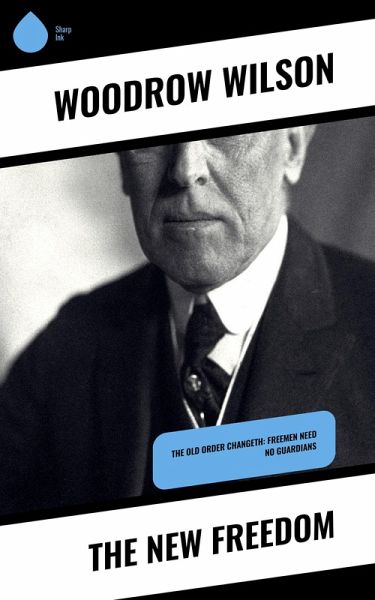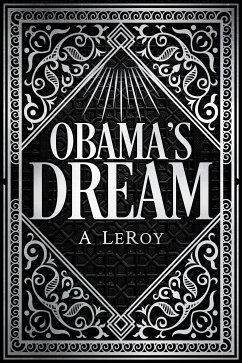
The New Freedom (eBook, ePUB)
The Old Order Changeth: Freemen Need No Guardians

PAYBACK Punkte
0 °P sammeln!
In "The New Freedom," Woodrow Wilson delineates his progressive vision for America during a pivotal moment in the early 20th century. This political treatise employs a blend of eloquent prose and rigorous argumentation, reflecting the broader literary style of the Progressive Era that questioned traditional norms and sought reform. Wilson critiques the monopolistic practices that he argues stifle true democratic freedoms, advocating for a more equitable society through the promotion of small businesses and individual liberty. The book serves as a clarion call to reevaluate the role of governme...
In "The New Freedom," Woodrow Wilson delineates his progressive vision for America during a pivotal moment in the early 20th century. This political treatise employs a blend of eloquent prose and rigorous argumentation, reflecting the broader literary style of the Progressive Era that questioned traditional norms and sought reform. Wilson critiques the monopolistic practices that he argues stifle true democratic freedoms, advocating for a more equitable society through the promotion of small businesses and individual liberty. The book serves as a clarion call to reevaluate the role of government in regulating the economy and fostering social justice, situating itself firmly within the burgeoning discourse on American identity and governance. Woodrow Wilson, an academic and the 28th President of the United States, drew upon his extensive background in political science and history while penning this work in 1913. His tenure as a professor and president of Princeton University, combined with his experiences in New Jersey politics, informed his progressive ideals. Wilson's firsthand observation of the effects of industrialization and economic disparity propelled him to advocate for reforms that aligned with his vision for a more democratic and just society. I highly recommend "The New Freedom" to scholars, political enthusiasts, and anyone seeking to understand the evolution of American democratic thought. Wilson's insightful analysis and passionate advocacy for reform remain profoundly relevant today, offering timeless lessons on the balance between freedom, equality, and the role of government in shaping society.
Dieser Download kann aus rechtlichen Gründen nur mit Rechnungsadresse in A, B, BG, CY, CZ, D, DK, EW, E, FIN, F, GR, HR, H, IRL, I, LT, L, LR, M, NL, PL, P, R, S, SLO, SK ausgeliefert werden.













